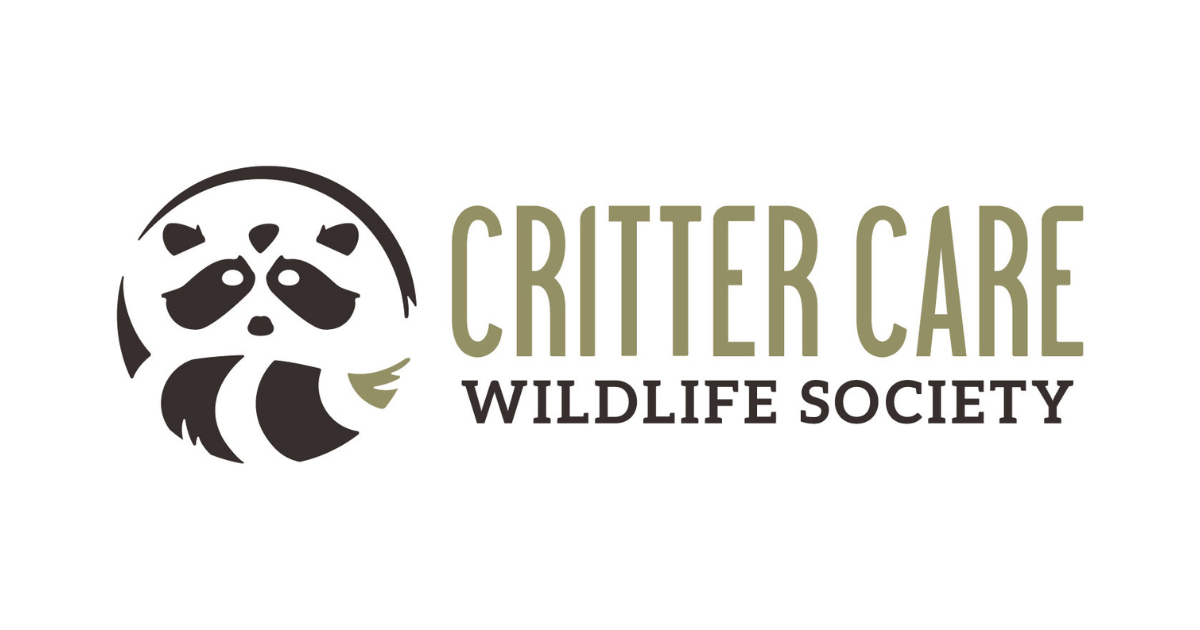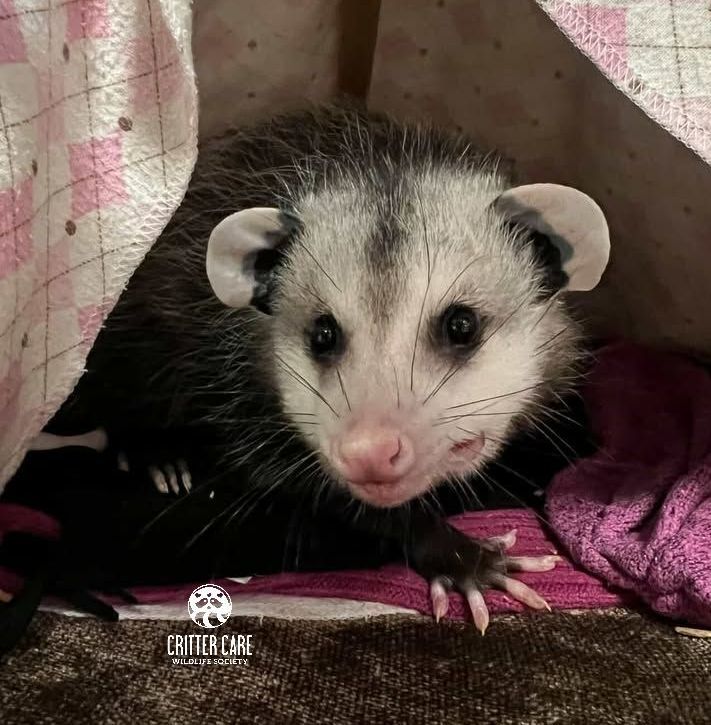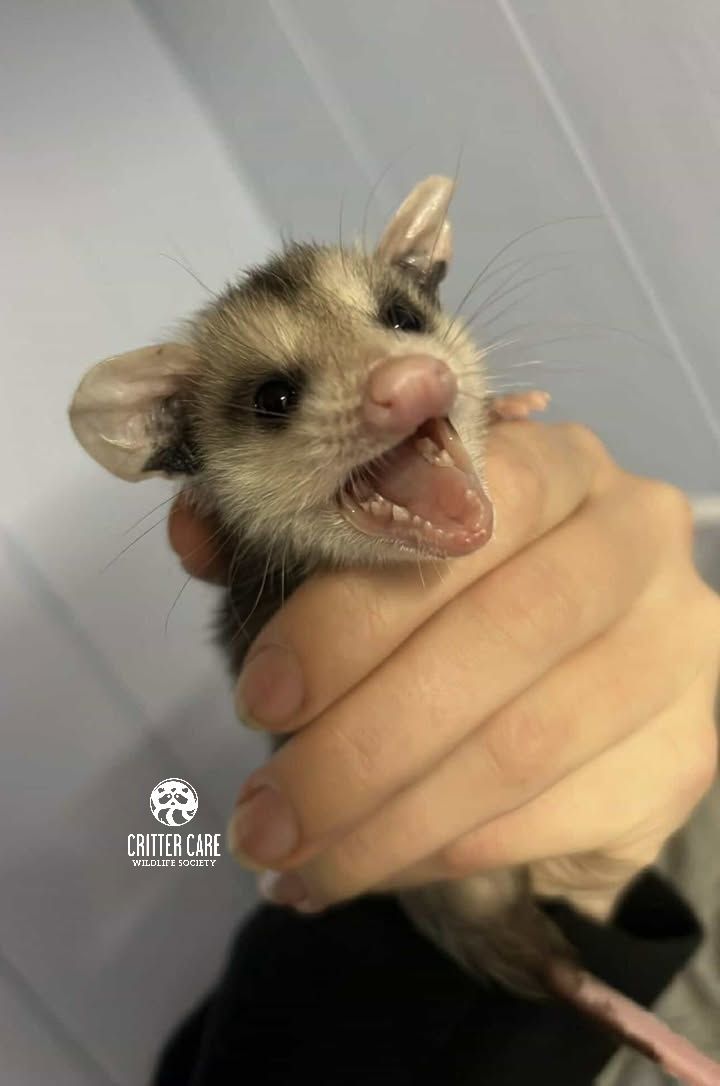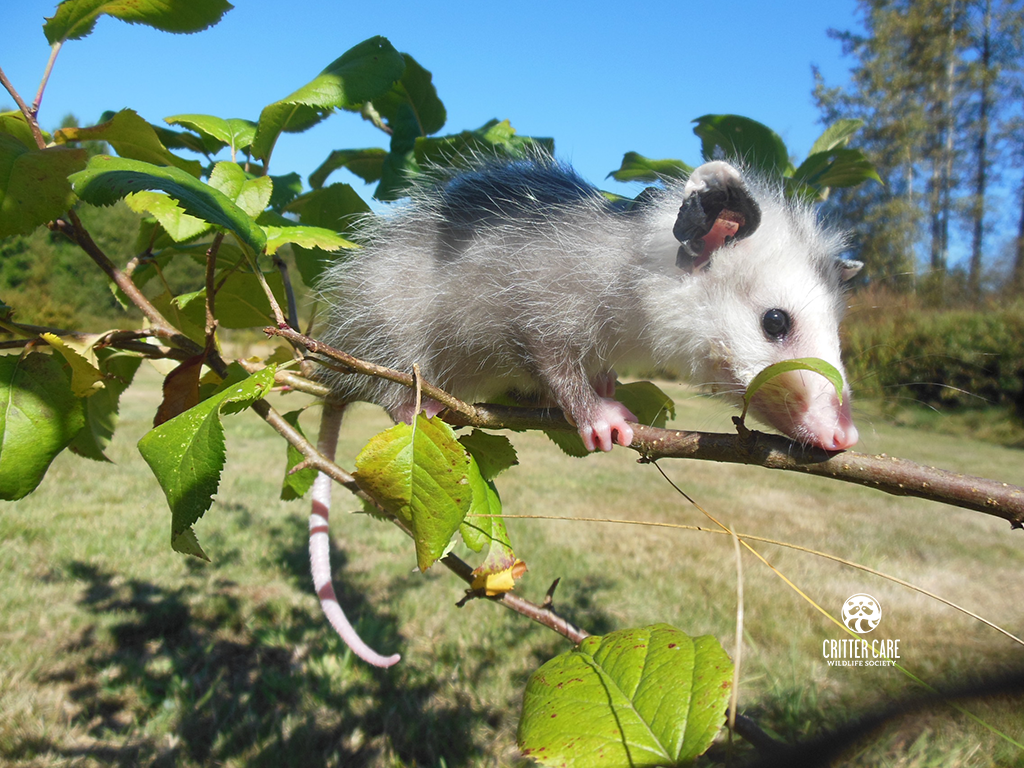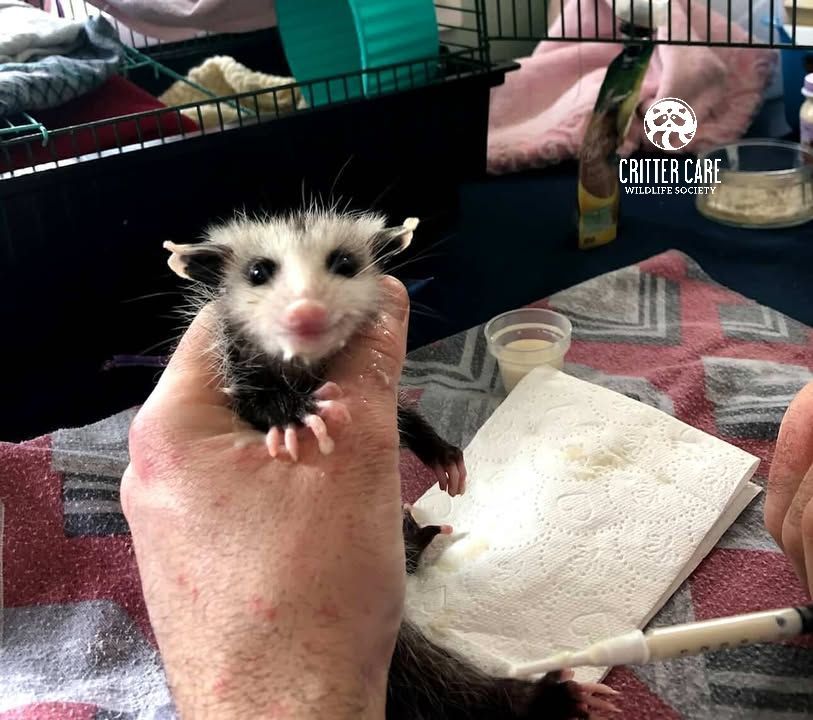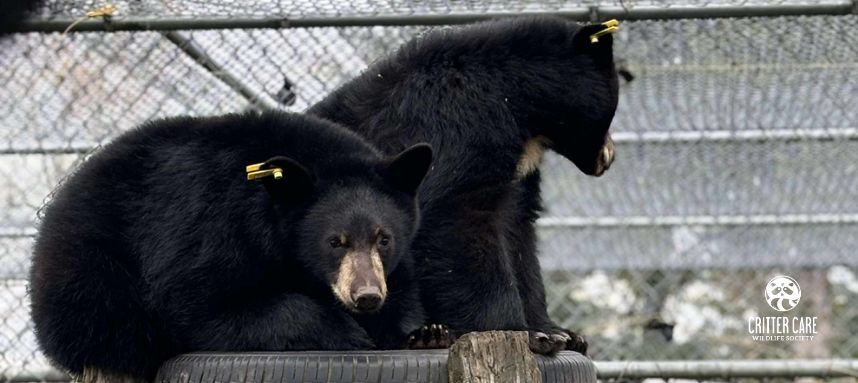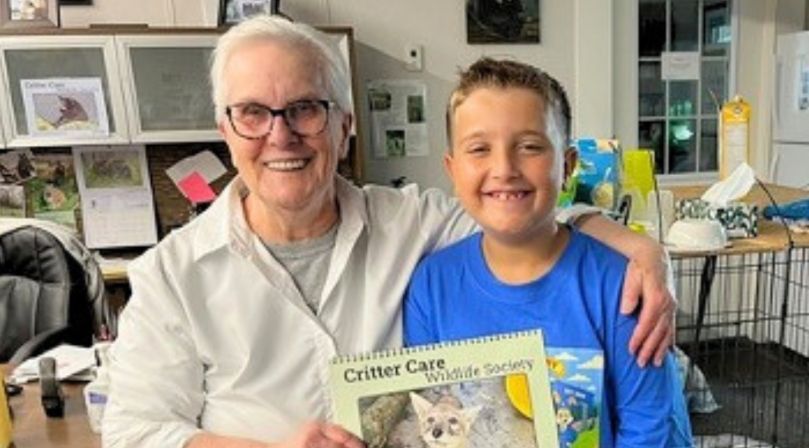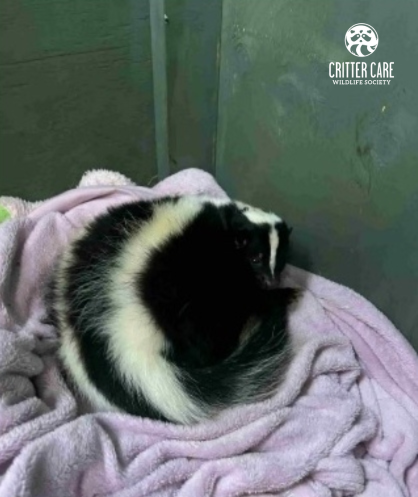Did you know that through studies, an estimated 50% - 90% of horses in the United States are exposed, but less than 1% show clinical signs of the disease annually?
Most recorded Canadian cases of EPM occur in horses that originated from the United States, making EPM exceptionally rare in this country. Studies also show that although Opossums are definitive hosts of EPM, they are not natural carriers, despite popular belief. They contract the disease by eating carrion including decaying raccoons, skunks, and even cats.
Although some may believe that removing or even killing opossums is the solution to keeping horses safe from EPM, this practice does not hold water. When one species is moved out, it invites other species to move in, causing defects in the natural ecosystem. This could mean more opossums will take over the area, or more raccoons, skunks, and rats, who are far more likely to carry infectious diseases. Opossums are resistant to many diseases which affect other mammals.
